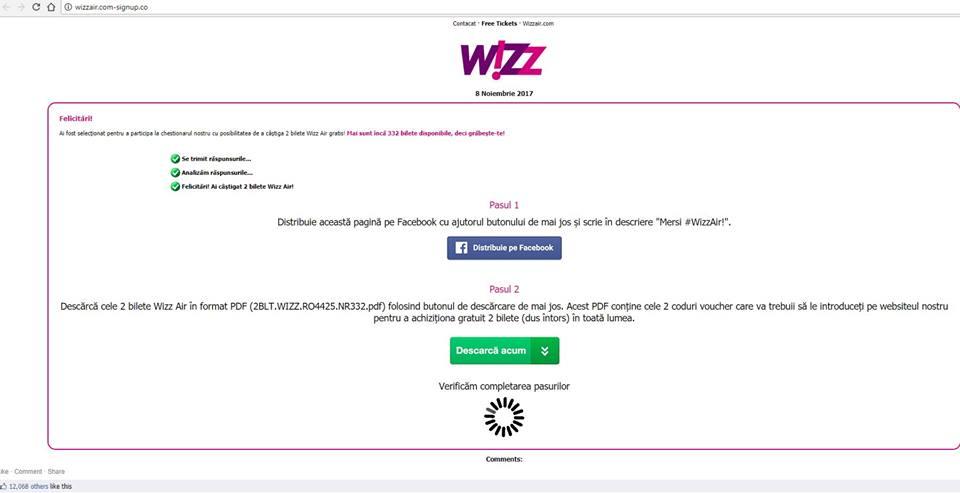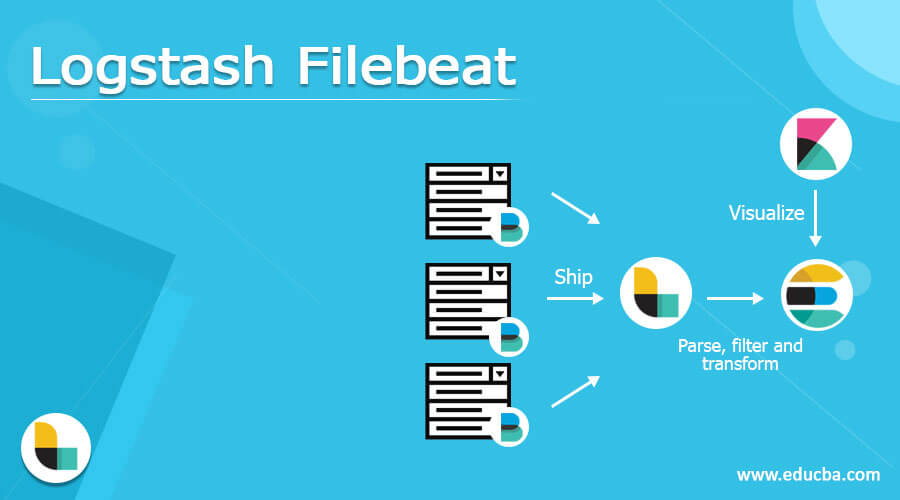
#Filebeats plugin install#
Install Filebeat apt-get install filebeatģ. Restart service for changes to take effect sudo systemctl restart elasticsearch sudo systemctl restart kibana sudo systemctl restart metricbeatĢ. To start with out file beat setup, we need to first validate that logging is correctly setup for various components of our labġ.1 Elasticsearch path.logs: /var/log/elasticsearchġ.2.1 configure Kibana logging st: /var/log/kibana : true : 7ġ.2.2 Create log file for Kibana touch /var/log/kibana chown kibana:kibana /var/log/kibanaġ.2.3 configure logging for Metricbeat sudo nano /etc/metricbeat/metricbeat.yml # In the logging section, configure the following logging.to_files: true logging.files: path: /var/log/metricbeat name: metricbeat keepfiles: 7 permissions: 0644ġ.2.
#Filebeats plugin software#
Minimum software requirements for Filebeat installation on ELK server should already be met as we already have elastic search and Metricbeat installed on this server. Installation and configuration of Filebeat on ELK Server We’ll use the APT repository method to install Filebeat. Please read this article to help set up the metric beat.Please read this article to help set up a single-node elastic search instance and Kibana.

We will also need metric beat installed on this server. Note: You’ll need an existing elastic search cluster to store log data and Kibana to visualize this data.

#Filebeats plugin trial#
I have used the GCP platform to build my test lab since it offers $300 USD free trial credit but you can do it on your servers or any other public cloud platform as well. In this article, I’ll set up a single-node elastic search cluster( refer to this article) and two apache webservers.

For each log that Filebeat locates, it starts a harvester.It starts with one or more inputs that look in the locations you’ve specified for log data.Input - An input is responsible for managing the harvesters and finding all sources to read from.The harvester reads each file, line by line, and sends the content to the output. Harvester - A harvester is responsible for reading the content of a single file.Filebeat is a light weight log shipper which is installed as an agent on your servers and monitors the log files or locations that you specify, collects log events, and forwards them either to Elasticsearch or log stash for indexing


 0 kommentar(er)
0 kommentar(er)
